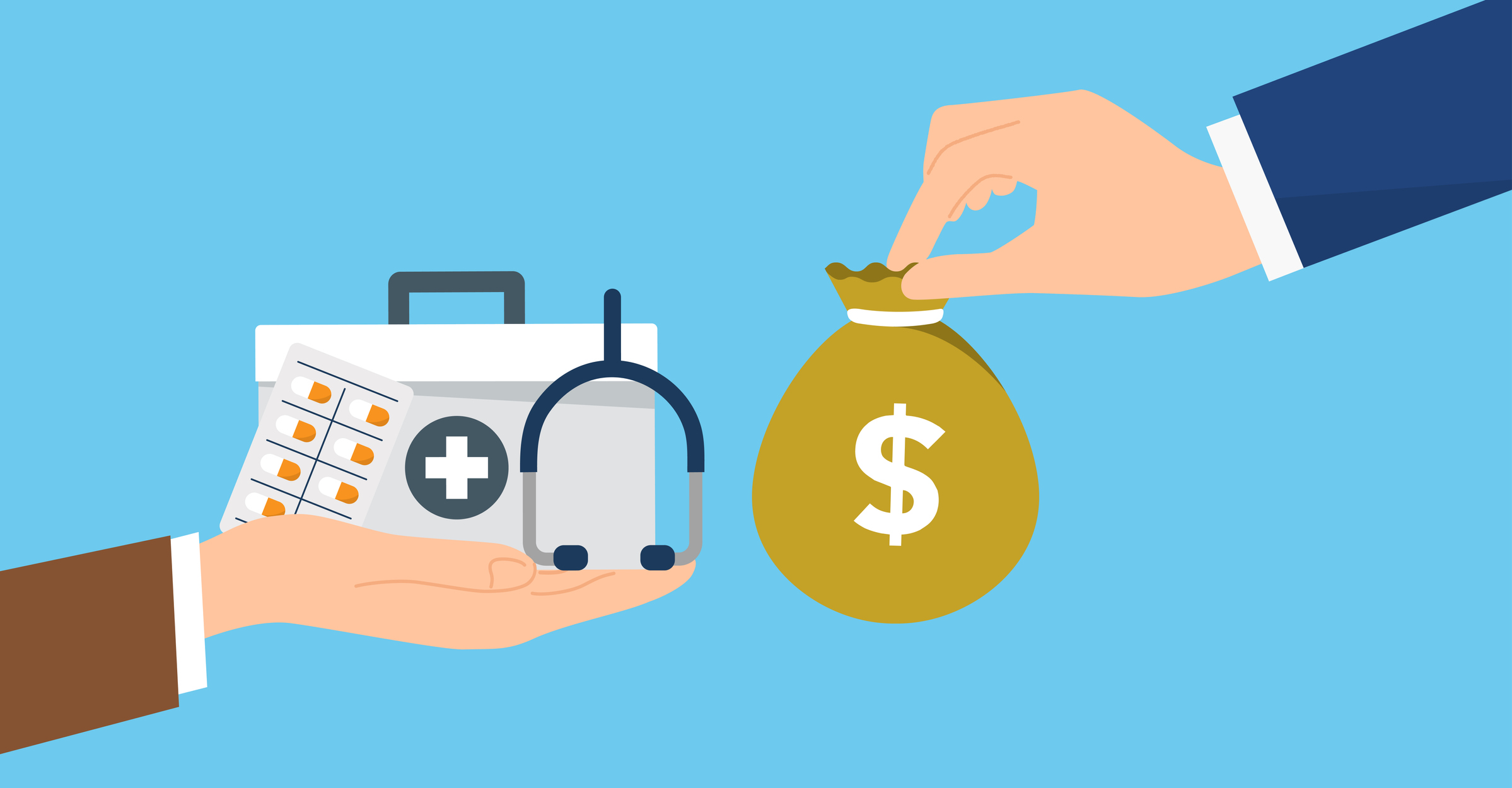
Three federal agencies are seeking comments on the public’s experience with medical payment products, billing and collection practices in a bid to address possible consumer harms caused by these types of specialty credit products.
The Consumer Financial Protection Bureau (CFPB) has teamed up with the Treasury and the Department of Health and Human Services (HHS) to see whether healthcare providers are promoting financial products — like medical credit cards and loans — to pay for healthcare that raise patient debt and lead to higher consumer costs.
The deadline for submitting comments is September 11. Complaints about a host of other financial products or services can also be submitted at CFPB’s website or by calling (855) 411-CFPB (2372).
The agencies intend to use the comments to provide a better understanding of the prevalence of these products, patients’ experiences with them and the healthcare providers’ incentives to offer these products to patients.
“Financial firms are partnering with healthcare players to push products that can drive patients deep into debt,” said CFPB Director Rohit Chopra. “We are opening a public inquiry to better understand how these practices are affecting patients in our country.”
In a report on patients with medical debt, first published in May, the agencies found that specialty medical payment products, which were once largely used to pay for care not covered by traditional insurance plans such as dental or vision care, are now being used for more services, including emergency room visits. Some of these services are already covered by insurance or financial assistance plans, but healthcare providers are pitching the higher-cost specialty products to patients instead because they can pass the patient billing and collections over to financial services companies, the CFPB said.
From 2018 to 2020, consumers used specialty medical cards or loans with deferred interest periods to pay for nearly $23 billion in healthcare costs, a recent CFPB study revealed. These newer forms of medical debt are typically more expensive for patients than other forms of payment, including conventional credit cards, with interest rates often exceeding 25%, the study showed.
The agencies are seeking more information on a range of concerns for consumers regarding this market, including interest and fee costs of these products and how they are marketed; whether consumers fully understand the risks of using specialty cards; billing and financial assistance issues; as well as how incentives offered to health care providers affect their promotion of these products to patients.







